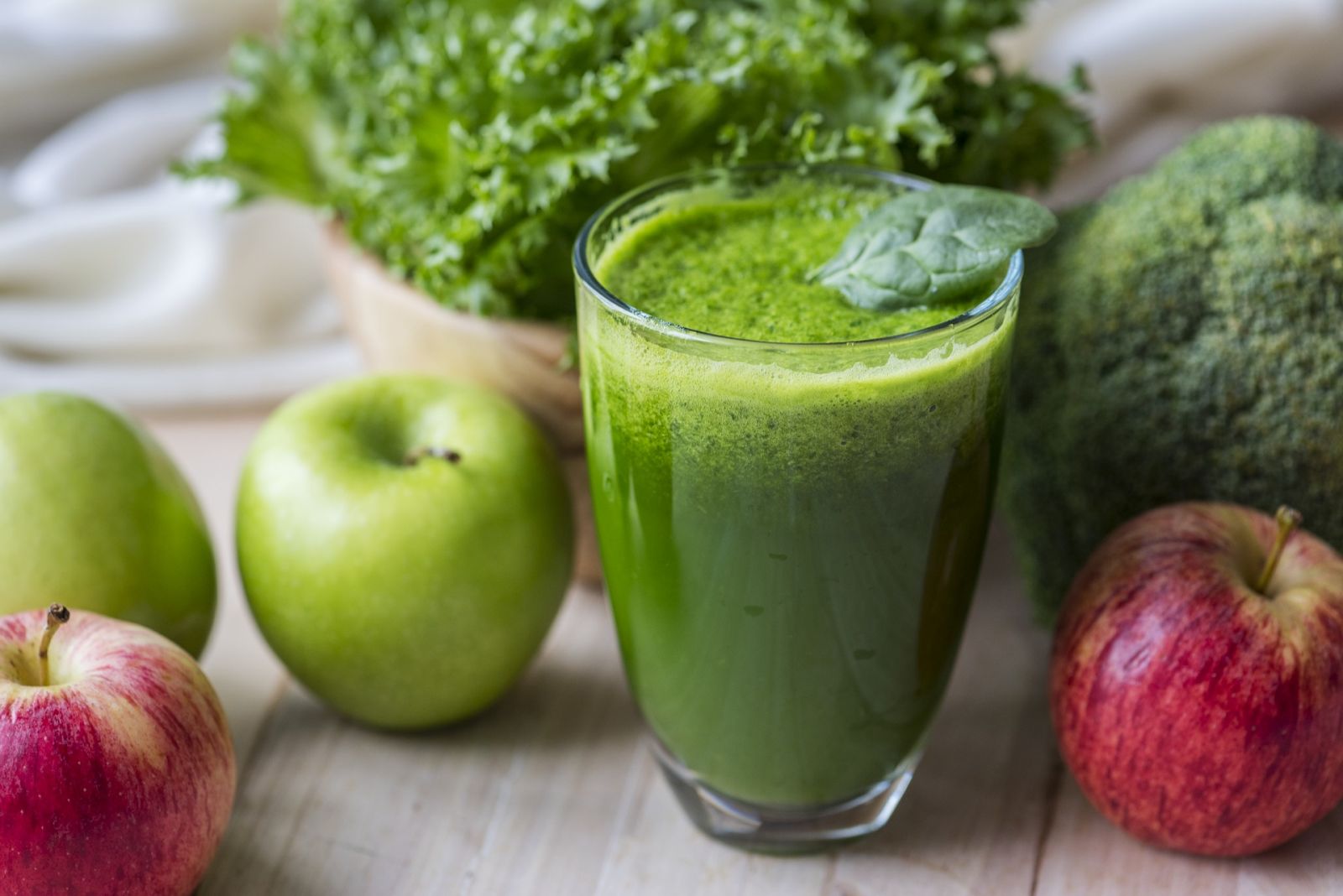
Healthy Gut Series: Digestive Health Strategies
September 27, 2018 by Lisa Aschenbrenner - Registered Holistic Nutritionist
Did you give the FOOD/MOOD/BOWEL MOVEMENT journal a try this past week? I am curious how it went and what you may have noticed in this process. Paying attention to how we feel and function can help us connect the dots in many ways to improve our health and happiness.
How did you sleep? What did bowel movements look like? How often? Did mood change? Those are great starting questions, but there are so many more that arise as you review your week.
Note, some negative reactions to items consumed are quick, within the hour, but many can take hours or even days to show up. Having a log of what is happening is critical to seeing patterns that can pin point where the issue may be. I’ve seen clients who had issues when eating beef, some with a Vitamin D supplement, some not enough water or too much coffee, etc. Everyone is very different.
The list is endless, but the Food/Mood/Bowel Movement journal was imperative to finding those items. This can take weeks of keeping track, but once you have 5 to 7 days’ worth, see if you can see a pattern. Doing more than 1 week is often needed.
How do you find what may be causing issues? For example, do you find that most Sunday night sleeps are not good while the rest of the week is always better? Check what is happening a day or two before Sunday night to see what isn’t happening any other day of the week. Maybe a late night sugar treat Sunday is causing blood sugar to keep you awake, or maybe you feel stressed about Monday and going back to work? Maybe you have constipation and gut pain on Thursdays? Could it be that pasta nights on Tuesday is causing that issue?
Apply that type thinking and analysis to every reaction you notice and make a changes to those different areas and see what happens. Keep track of it and only make 1 change at a time, every 3 days, so you can see what specific change is the most helpful. Write down what you notice in terms of changes to your reactions and anything else that seems important.
Finding what to take out can be simple compared to finding what is missing and needs to be added in can be a bit more challenging.
We do know that moving from a processed food diet to a whole food diet is most often a benefit to better gut health. So removing less optimal foods (fried, boxed, refined, sugar, etc) with real live whole foods gives you the benefit of many more nutrients, enzymes, fibre, and improved gut bacteria.

Main thoughts on helpful GI health concerns - there are many, but these are a solid 4 to start with:
1.) Drink minimum 1/2 ounce per body pound per day, consumed all throughout the day. There are many benefits, but the key is to help waste move.
2.) Eat whole foods to aid digestion! Chew really well - broken down food is much easier to digest and absorb. Cook vegetables if digestion is weak. Soups are great for this! Blend up fruit and veggies in smoothies also for easier digestion. **Add 1 tsp apple cider vinegar to small glass of water 5 minutes before you eat to stimulate digestion.
3.) Move your body. Exercise helps bowels move. Sitting is sure way to prevent bowels from moving. Even a morning and evening 20 minute walk is incredibly helpful.
4.) Reduce stress and improve sleep - these go together often. Doing this is easier said than done. There are lots of resources - even if it seems simple, like deep breathing, mediation, or journaling - those are all amazing ways to lessen the stress and sleep challenges.
Keep it simple and reap the rewards of listening to what your body is telling you.
Lisa Aschenbrenner, RHN - Registered Holistic Nutritionist
For more information please visit RealFoodForThought.ca
